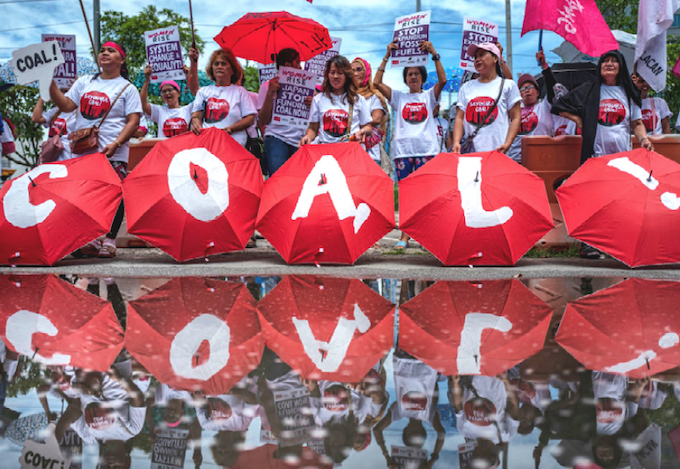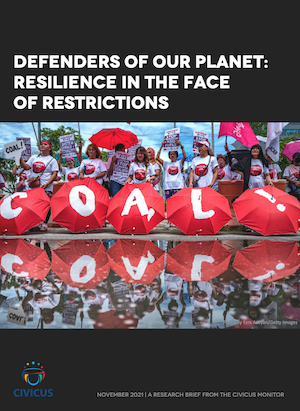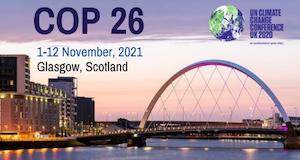
Asia Pacific Report newsdesk
As world leaders meet in Glasgow for the UN Climate Summit (COP26), peaceful environmental activists are being threatened, silenced and criminalised around the world.
The host nation Scotland for this year’s meeting is one of many countries where activists are regularly facing rights violations.
New research from the CIVICUS Monitor looks at the common tactics and restrictions being used by governments and private companies to suppress environmental movements.

The research brief “Defenders of our planet: Resilient in the face of restrictions” focuses on three worrying trends:
- Bans and restrictions on protests;
- Judicial harassment and legal persecution; and
- The use of violence, including targeted killings.
As the climate crisis intensifies, activists and civil society groups continue to mobilise to hold policymakers and corporate leaders to account.
From Brazil to South Africa, activists are putting their lives on the line to protect lands and to halt the activities of high-polluting industries.
Severe rights abuses
The most severe rights abuses are often experienced by civil society groups that are standing up to the logging, mining and energy giants who are exploiting natural resources and fueling global warming.
As people take to the streets, governments have been instituting bans that criminalise environmental protests. Recently governments have used covid-19 as a pretext to disrupt and break up demonstrations.

Data from the CIVICUS Monitor indicates that the detention of protesters and the use of excessive force by authorities are becoming more prevalent.
In Cambodia in May 2021, three environmental defenders were sentenced to 18 to 20 months in prison for planning a protest against the filling of a lake in the capital.
In Finland in June, more than 100 activists were arrested for participating in a protest calling for the government to take urgent action on climate change.
From authoritarian countries to mature democracies, the research also profiles those who have been put behind bars for peacefully protesting.
“Silencing activists and denying them of their fundamental civic rights is another tactic being used by leaders to evade and delay action on climate change,” says Marianna Belalba Barreto, lead researcher for the CIVICUS Monitor.
Troubling indicator
“Criminalising nonviolent protests has become a troubling indicator that governments are not committed to saving the planet.”
The report shows that many of the measures being deployed by governments to restrict rights are not compatible with international law. Examples of courts and legislative bodies reversing attempts to criminalise nonviolent climate protests are few and far between.
Despite the increased risks and restrictions facing environmental campaigners, the report also shows that a wide range of campaigns have scored important victories, including the closure of mines and numerous hazardous construction projects.
Equally significant has been the rise of climate litigation by activist groups.
As authorities take activists to court for exercising their fundamental right to protest, activist groups have successfully filed lawsuits against governments and companies in more than 25 countries for failing to act on climate change.












































